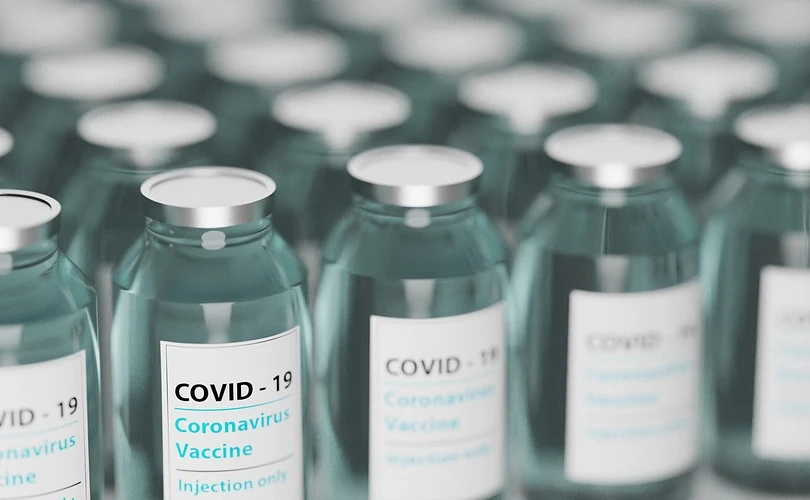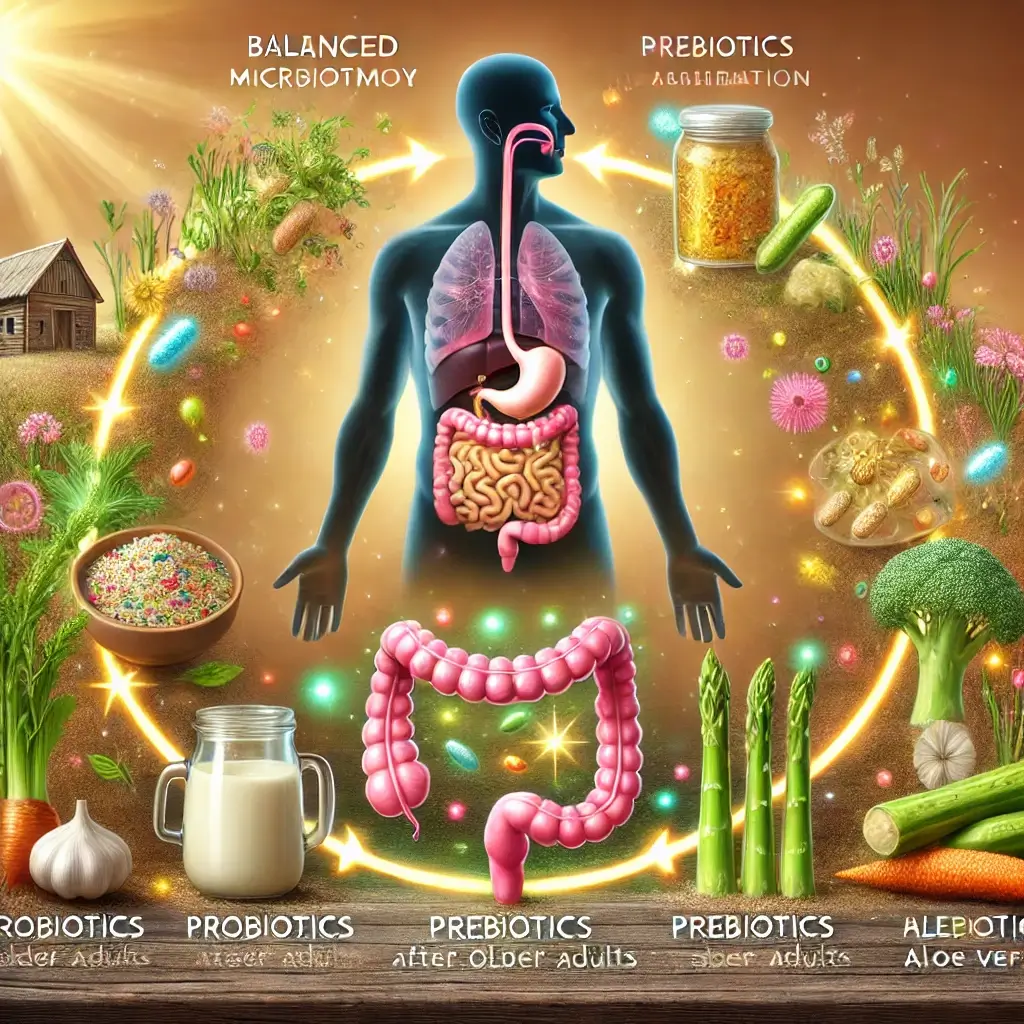COVID-19 mRNA Vaccines
mRNA vaccines are a novel type of vaccination that employs messenger RNA (mRNA) to instruct the body’s cells on how to produce a protein comparable to that present on the surface of the COVID-19 virus. This protein causes an immunological response, which aids the body in fighting off the virus if it becomes infected.
Two Vaccines
In the United States, two mRNA COVID-19 vaccines are now available:
Pfizer-BioNTech: Pfizer and BioNTech collaborated to create this vaccine. It is a two-dose vaccine administered 21 days apart.
Moderna: Moderna is the manufacturer of this vaccination. It’s also a two-dose vaccine administered 28 days apart.
Both of these vaccines are incredibly effective against COVID-19. Clinical investigations have indicated they are approximately 95% effective at preventing symptomatic COVID-19. They are also valuable for preventing COVID-19-related severe illness, hospitalization, and mortality.
mRNA vaccines are generally well-tolerated and safe. The most common adverse effects are minor and resolve within a few days. These are some of the possible adverse effects:
Injection site pain, redness, and edema
Tiredness
Headache
Muscle ache
Chills
Fever
Uncommon Serious Adverse Effects
Serious adverse effects of mRNA vaccinations are uncommon. Myocarditis, or heart muscle inflammation, is the most prevalent significant negative effect. Myocarditis can develop following any immunization; however, it is more common following mRNA vaccinations. Myocarditis is typically minor and resolves within a few days. In rare circumstances, it can be dangerous and necessitate hospitalization.
Pericarditis, or inflammation of the lining around the heart, is another significant side effect of mRNA vaccinations. Pericarditis is usually mild and resolves on its own after a few days. In rare circumstances, it can be dangerous and necessitate hospitalization.
Young men had the highest risk of myocarditis and pericarditis following mRNA vaccinations. Discuss the risks and benefits of receiving an mRNA vaccine with your doctor if you are a young male.
Other significant side effects associated with mRNA vaccinations include:
Anaphylaxis: Anaphylaxis is a severe allergic reaction that can be fatal.
TTS (thrombosis with thrombocytopenia): TTS is an uncommon blood clotting condition that can lead to life-threatening complications. The risk of allergy and TTS following mRNA vaccinations is relatively minimal.
Seek medical assistance immediately if you have any significant side effects after receiving an mRNA vaccination. Consult your doctor if you want to acquire an mRNA COVID-19 vaccine. They can advise you on whether the vaccine is appropriate for you.
Here are some more considerations for mRNA COVID-19 vaccines: Because mRNA vaccinations do not include any live virus, they cannot provide COVID-19. mRNA vaccines cannot be used interchangeably. If you receive the Pfizer-BioNTech vaccine, you will not be able to receive the Moderna vaccination, and vice versa. You may require a booster dose of the mRNA COVID-19 vaccination. Booster injections are still being researched. Consult your doctor for any questions or concerns regarding the mRNA COVID-19 vaccinations.













